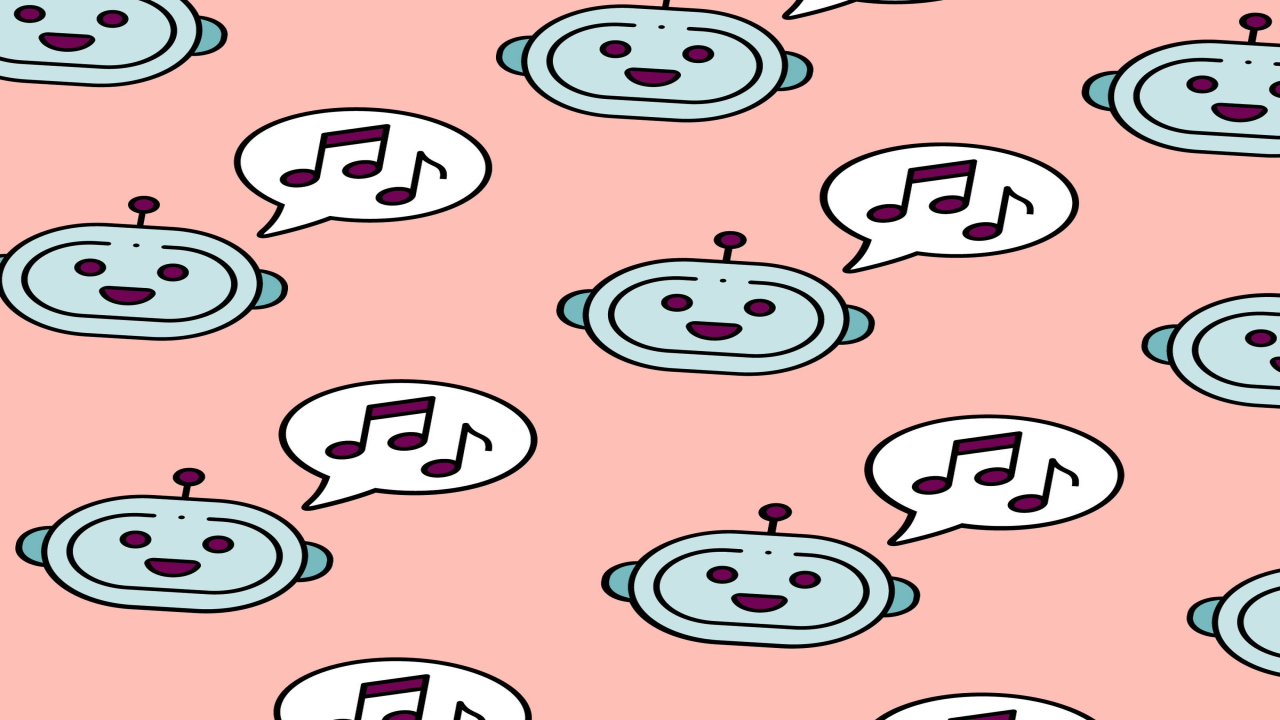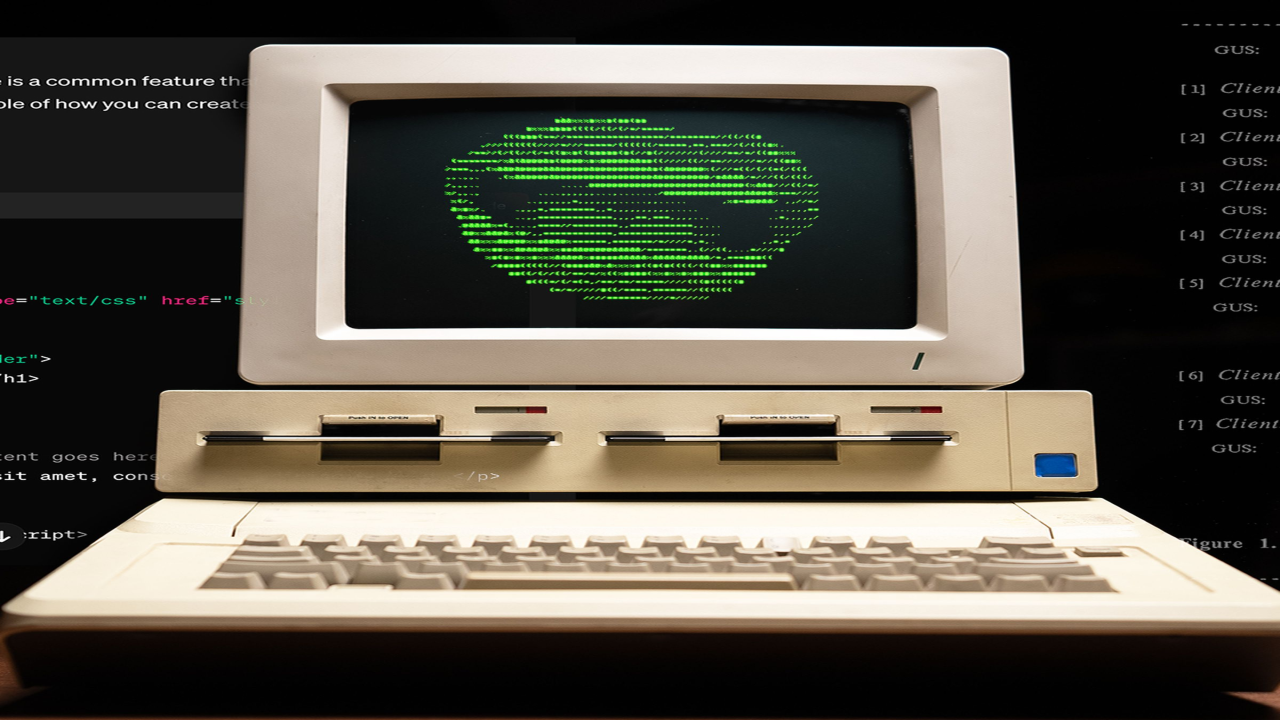Anthropic Reaches Agreement with Music Publishers in Claude AI Lyric Copyright Lawsuit
Anthropic reaches a settlement with music publishers over a lyric copyright dispute involving the Claude AI model. Learn more about this agreement and its implications.

In a significant development within the music industry, Anthropic has reached an agreement with music publishers to settle a copyright infringement lawsuit related to the Claude AI model. This agreement marks a pivotal moment in the ongoing debate surrounding AI-generated content and copyright protection.
The Lawsuit and Settlement
The lawsuit, which was filed by several music publishers, including Universal Music Group and Concord Music Group, accused Anthropic of training its AI system on lyrics from protected songs without proper authorization. The recent settlement requires Anthropic to implement strict guardrails to prevent future copyright infringements and establish a protocol for music publishers to address suspected violations.
Claude AI Model and Copyright Issues
The Claude AI model came under scrutiny for allegedly providing responses containing substantial portions of copyrighted lyrics when prompted with popular songs like “Halo” by Beyoncé and “Uptown Funk” by Mark Ronson. This raised concerns among music publishers regarding the misuse of protected works in AI training.
Guardrails and Compliance
As part of the settlement, Anthropic commits to maintaining and enhancing the guardrails designed to prevent AI models from infringing on copyrighted material. This proactive approach aims to ensure that future AI systems developed by Anthropic to copyright laws and respect intellectual property rights.
Future Collaboration
The agreement signifies a collaborative effort between Anthropic and music publishers to address any potential shortcomings in the guardrails and resolve disputes in good faith. By fostering open communication and cooperation, both parties aim to uphold the integrity of creative works while leveraging AI technology responsibly.
Implications and Industry Impact
The outcome of this settlement is expected to have far-reaching implications for the intersection of AI technology and copyright protection in the music industry. It underscores the importance of ethical AI usage and the necessity for robust safeguards to prevent unauthorized use of copyrighted content.
Conclusion
The resolution of the copyright dispute between Anthropic and music publishers represents a step towards balancing innovation and intellectual property rights in the digital age. As AI continues to play a prominent role in content generation, establishing clear guidelines and fostering cooperation between technology developers and content creators is essential for sustainable progress.
What's Your Reaction?





















